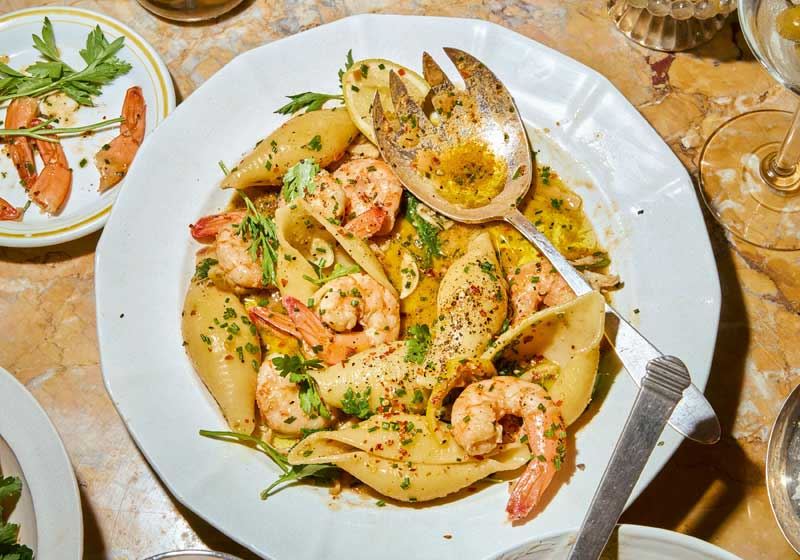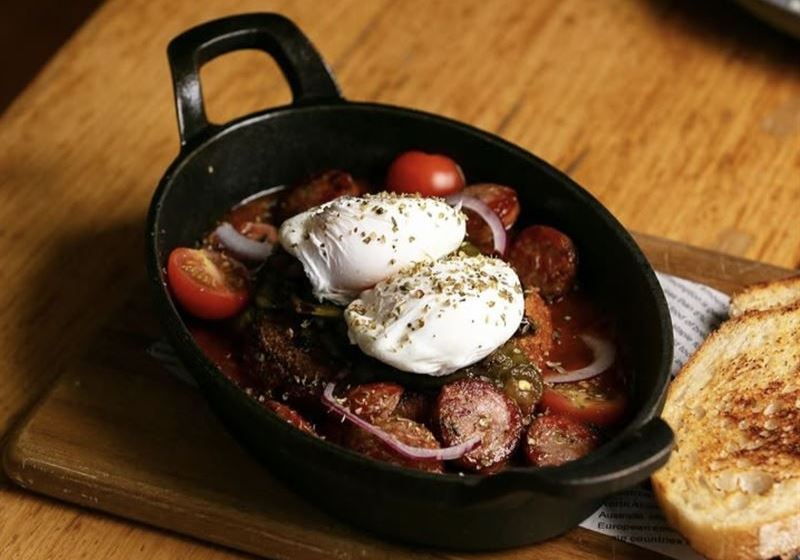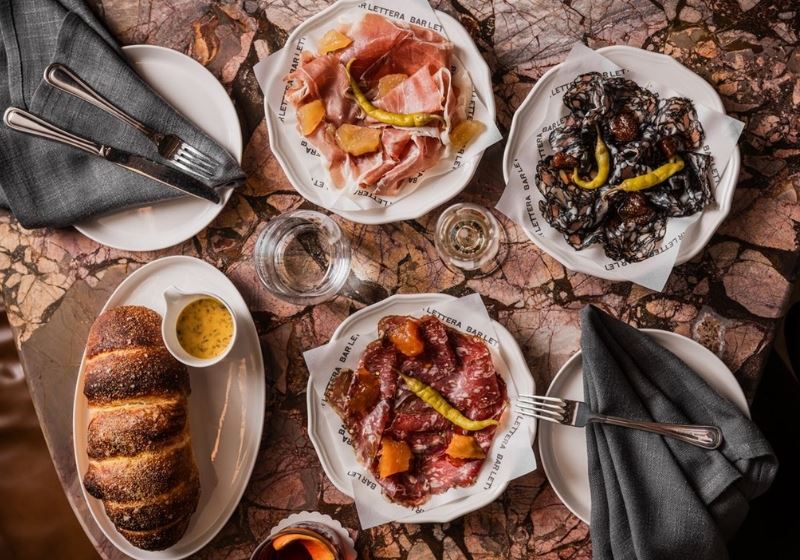By Leigh O’Connor.
‘Mama Rita – Family Recipes from the Mediterranean’ by Rita and Jessica Kahawaty is a cookbook that feels less like a publication and more like an heirloom. It gathers family stories, the flavours of Lebanon and the warmth of Mediterranean home cooking into a single, beautifully curated volume.
Every page carries a sense of heritage, as though each recipe has travelled across kitchens, generations and continents before arriving in the reader’s hands.
The book’s visual storytelling deepens this emotional tone. Photographs captured in Lebanon offer glimpses of bustling markets, sun-washed stone homes and tables abundant with colour and generosity. The result is a journey - culinary, cultural and nostalgic - all framed through the lens of a family who clearly cooks with heart.

Among the many dishes that stand out, Grandma’s vegetarian lasagne shines as a symbol of comfort and simplicity elevated by tradition. This is no ordinary lasagne; it is layered with the spirit of Mediterranean cooking. Roasted vegetables such as aubergine, zucchini and leafy greens create a foundation of sweetness and earthiness, while a velvety béchamel ties everything together.
The top emerges from the oven golden and crisp, while the interior remains tender and luscious. It captures the tenderness of a grandmother’s kitchen - nourishing, unpretentious and cooked with love - yet still carries a rich, indulgent flavour that appeals far beyond nostalgia.
In contrast, the power chicken sumac salad injects the book with bright, invigorating energy. This dish embodies the freshness of modern Mediterranean cuisine: lean grilled chicken is dusted with tangy, ruby-red sumac, a spice that brings both citrus and warmth. Paired with crisp greens, bursts of colour and glistening olive oil, the salad feels alive - crunchy, aromatic and uplifting.
It’s the type of dish that feeds both body and spirit, offering bold flavour without heaviness. It reflects an ability to balance tradition with contemporary vibrancy, creating meals that feel wholesome and empowering.

A more dramatic, celebration-worthy offering is the samkeh harra - fish with tahini sauce and nuts. This dish evokes the coast of Lebanon with its aromatic spices, tender fish and creamy tahini. The harra topping introduces gentle heat alongside garlic, spices and herbs, while toasted nuts - whether pine nuts, almonds or pistachios - add a satisfying crunch.
The combination of silky, nutty sauce with delicate fish creates a layered sensory experience, equal parts comforting and exotic. It is a centrepiece dish, one that brings people together and lingers in memory long after the meal ends.
What sets ‘Mama Rita’ apart is how effortlessly it blends accessibility with soul. The recipes feel achievable for everyday cooks, yet they retain the emotional richness of family tradition. The tone throughout the book is inviting and generous, offering guidance without rigidity, warmth without sentimentality. It is clear Rita and Jessica intend not only to teach recipes but to share a legacy - a culinary lineage shaped by resilience, migration and love.
Ultimately, ‘Mama Rita – Family Recipes from the Mediterranean’ is more than a collection of dishes. It is a celebration of family and flavour, an invitation to slow down, cook with intention and connect through food. It is a cookbook destined not to gather dust on a shelf but to become part of a family’s own cooking rituals.








